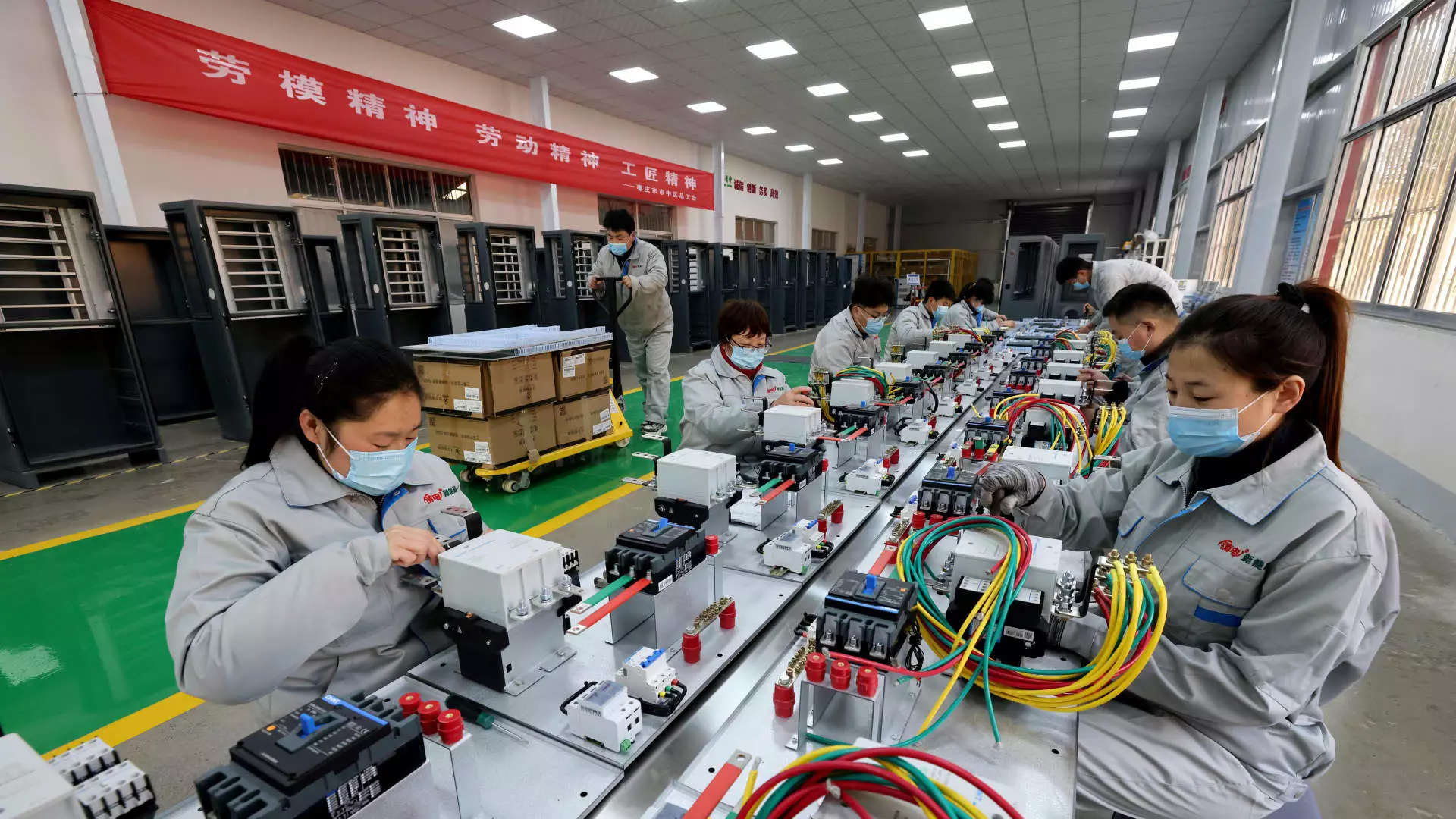As global markets continue to evolve, the landscape of investment opportunities presents both potential rewards and significant risks. Recently, investors examining the world’s largest emerging market, China, may want to reconsider their approach. Perth Tolle, founder of Life + Liberty Indexes, has voiced concerns regarding the sustainability of China’s capitalist model. Her insights prompt a broader reevaluation of the criteria used to assess emerging market investments.
Tolle argues that while economic freedom is essential for fostering growth, it alone is insufficient to guarantee personal freedom. By dissecting the emerging market dynamics, Tolle makes a compelling case that investors must not overlook the foundational principles of governance and civil liberties when engaging with potentially lucrative markets. At a time when China’s increasing state control raises alarms, understanding the linkage between freedom and economic performance becomes crucial.
An intriguing example of Tolle’s investment philosophy is reflected in her Freedom 100 Emerging Markets ETF, which has seen a robust rise since its inception in May 2019, with a staggering 43% increase. Notably, her fund’s success amid the backdrop of China’s market growth is indicative of a shifting mindset; while the iShares China Large-Cap ETF has witnessed a solid 19% boost this year, Tolle’s focus on alternative markets emphasizes the long-term benefits of prioritizing economic and personal liberties.
Tolle’s personal journey informs her investment decisions profoundly. Having spent part of her childhood in Beijing, she has observed the stark contrasts in governance and economic policy. This background, coupled with her experiences as a private wealth advisor at Fidelity Investments, highlights the evolving perceptions of investors towards countries like China. Tolle recalls her early days dealing with clients eager to invest in China, but she has since embraced a more cautious stance, leading her to consider history and ethical implications in her investment recommendations.
Investors’ sentiments can often sway based on the prevailing political climate. Recent dialogues with clients from countries like Russia have showcased the hesitance surrounding investments in politically unstable regions, a sentiment echoed by current assessments of China. Such reflections underscore the necessity for investors to critically examine the ethical implications of their financial choices.
In addition to Tolle, other financial analysts, such as Tom Lydon, emphasize that avoiding investments in China may yield better performance results with reduced volatility. The observation that various emerging markets can thrive without the Chinese presence is a transformative message for investors seeking steadier growth trajectories. As Lydon suggests, a diversified portfolio that excludes China could mitigate risks associated with geopolitical tensions and economic uncertainties.
With increasing scrutiny on China’s economic practices and governance failures, Tolle’s caution signals a broader trend among investors to realign their portfolios with ethical standards and personal freedoms. By considering both financial performance and ethical implications, investors are better equipped to navigate the complexities of the modern market landscape, fostering resilience amidst uncertainty.

